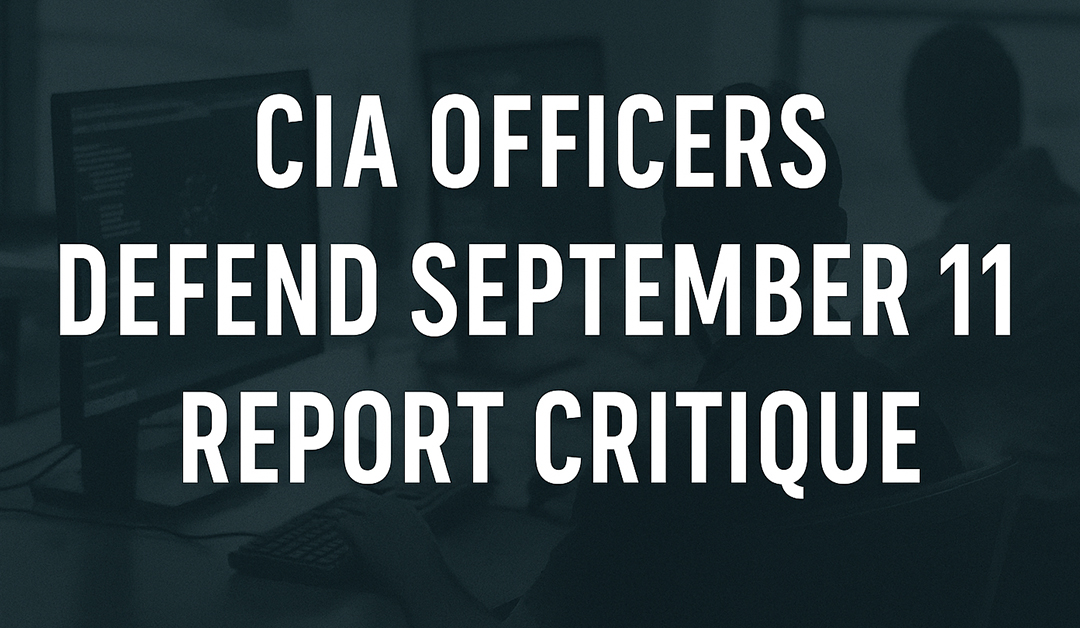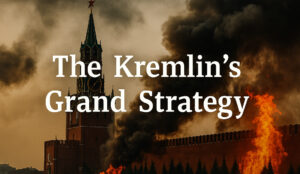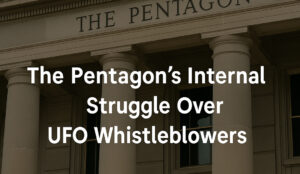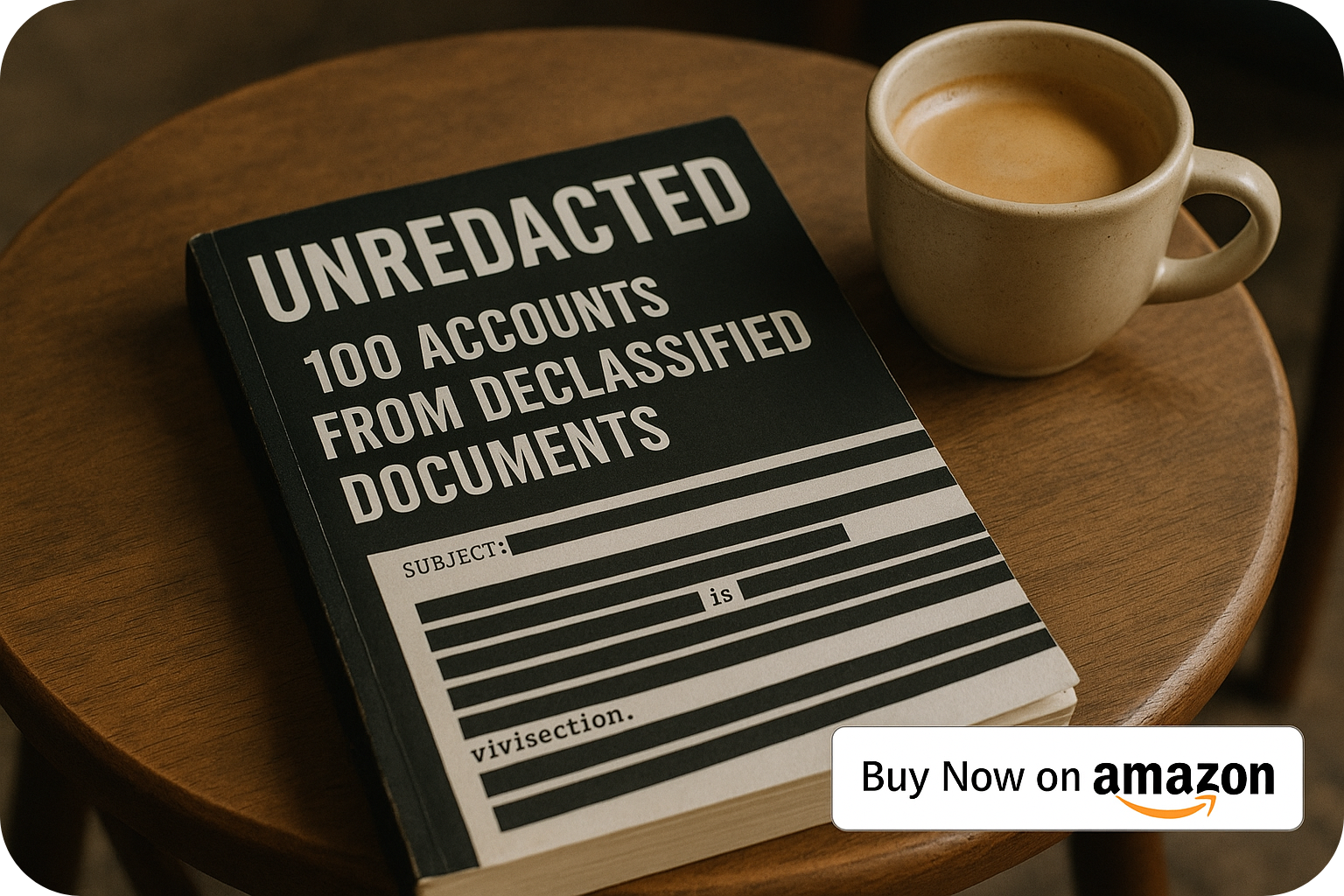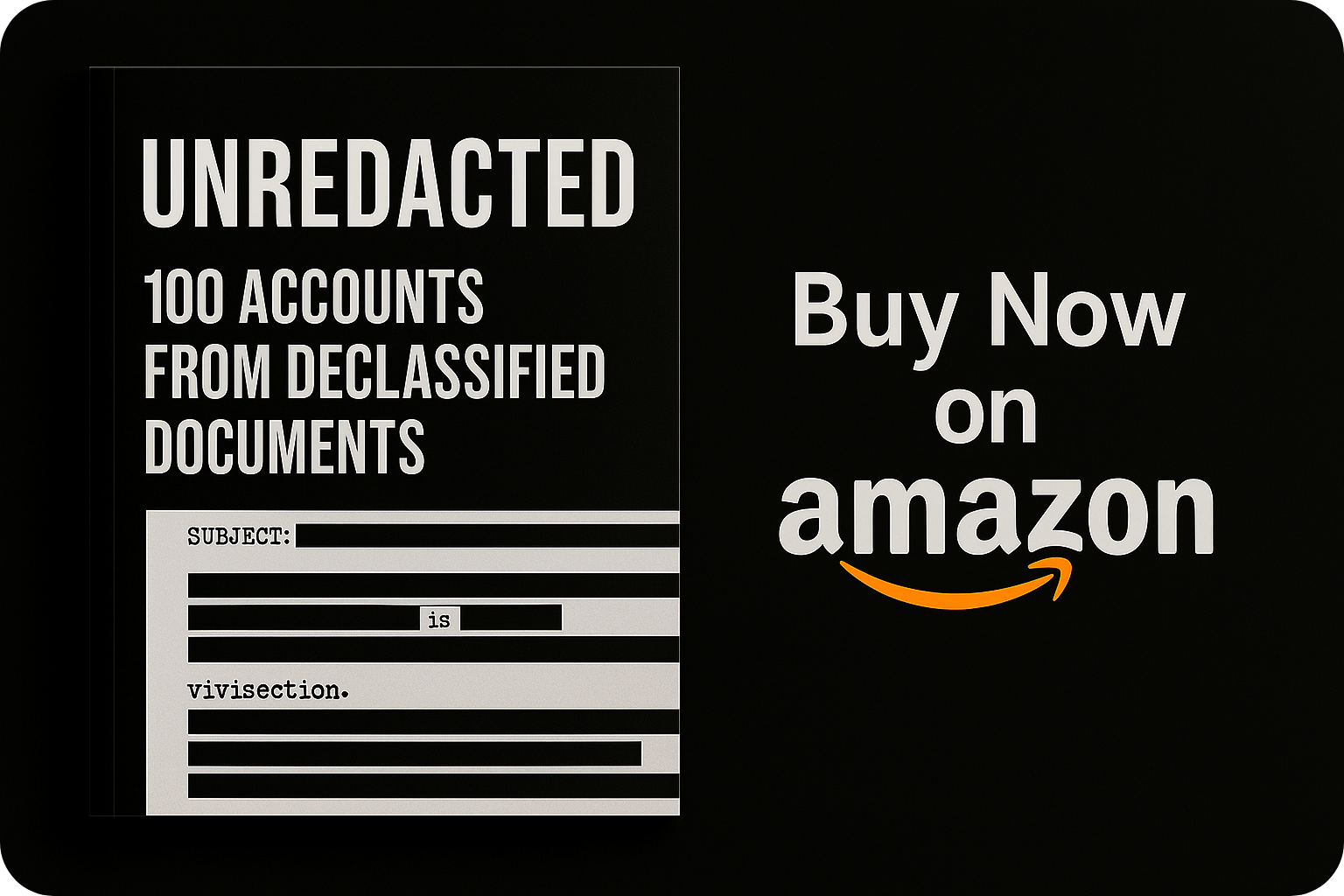A 2005 memorandum from senior CIA Counterterrorist Center (CTC) officials-J. Cofer Black, Ben Bonk, and Henry Crumpton-mounts a firm rebuttal to the CIA Inspector General’s (IG) draft report on the Agency’s performance before the 9/11 attacks.
In their view, the report’s conclusions are skewed by hindsight and a lack of access to full context or operational realities.
⚠️ Environment Misunderstood
The officials describe the pre-9/11 CTC as under extreme workload pressures, resource-starved, and crisis-driven.
They reject IG claims that their operational tempo was manageable.
Internal CIA inspections from just a month before 9/11, they argue, confirm their high-stress environment and lack of personnel.
"CTC officers frequently operate in a state of crisis… This combination leads to burnout and leaves little time for strategic reflection."
🧩 Not Enough Analysts, Not Enough Time
The team admits strategic analysis was limited but maintains it wasn’t for lack of awareness or effort.
With resources stretched thin, they prioritized operations and actionable intelligence over long-term reports.
They argue that despite limitations, policymakers were well-informed of the al-Qa’ida threat.
"Warnings drawn solely from logical analytical conclusions… do not usually convince anyone to spend large sums of money to counter a threat that has not been documented."
🧷 Systemic Failures, Not Individual
Much of the rebuttal centers on the idea that failures were systemic-not the result of individual incompetence.
Criticism, they argue, should not be aimed at junior officers operating within constraints beyond their control.
🧭 Liaison Strategy and KSM
The memo defends the CIA’s handling of external partnerships, noting complex political factors behind slow or limited cooperation-especially with Saudi Arabia.
It also disputes IG criticism over missed links to Khalid Shaykh Mohammed, saying available intelligence didn’t reveal his deeper al-Qa’ida role until post-capture debriefings.
🔐 Limits of Watchlisting
They argue that responsibilities for watchlisting and visa security were dispersed across the U.S. government.
As such, holding a few CIA officers accountable oversimplifies a complex, fragmented process.

